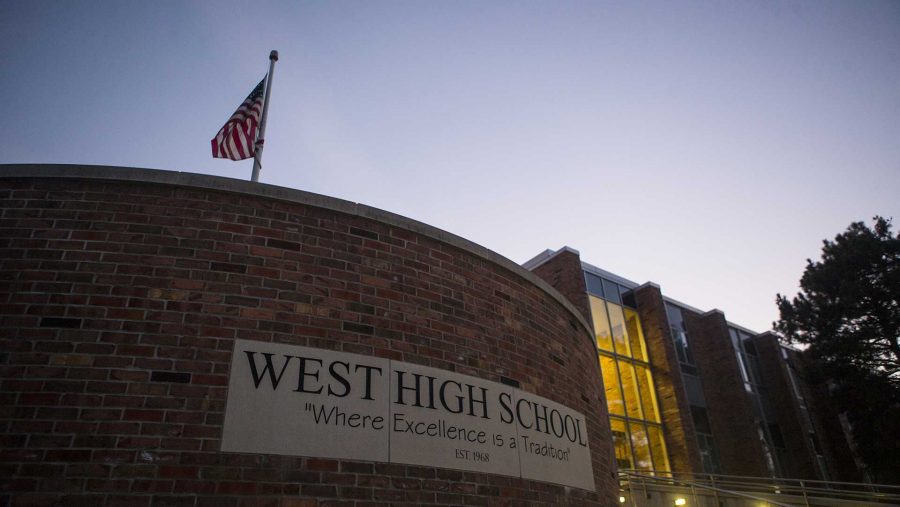The Iowa City School Board voted Tuesday to approve a contract with Shawver Well Co. for the installation of a test well for a new geothermal heating and cooling system at West High School with a cost of $127,879.
According to board documents, the Open Loop Geothermal Well relies on a large body of water such as a lake, river, or aquifer such as the Silurian Aquifer, which runs under Johnson County.
Board documents said water will be pumped from the aquifer at a consistent temperature and will be circulated through a central heat exchanger in the building where heat is transferred to the interior water and fluids. The water is then reinjected into the aquifer through a different well.
Director of Facilities Duane Van Hemert said because of the deep wells, which according to board documents can vary from 400 to 600 feet deep, in the system the Iowa Department of Natural Resources is particular about who constructs these wells.
Board documents also stated the mechanical engineers have been working with the DNR to locate and determine the depth of the wells.
“You don’t want a shoddy job or workmanship, it has to be well done,” Van Hemert said during the meeting.
The DNR also requires testing to demonstrate the wells will not contaminate water. Van Hemert described this testing as a high hurdle.
Because of this high standard, Van Hemert said the DNR has a small selection of contractors they will work with in the Midwest to drill these wells.
The company chosen for this project, Shawver Well, was described by Van Hemert as very experienced for this specific type of well.
He also noted Shawver would be able to reuse the test wells by converting them into the functioning wells which would be used by the school.
Van Hemert faced criticism from one member of the board for only having one bid for the project.
“There isn’t anybody out there that’s as well qualified as this particular contractor to give us a price,” he said before receiving questions from the board.
Another member of the board raised concerns about the possibility of the system not passing the DNR’s tests.
Project engineer Tim Fehr from Shive-Hattery, the engineering firm which recommended this system be used by the district, said the firm has done nearly a dozen projects using this system, noting the worst case they’ve experienced was resolved by drilling a new well 50 feet away.
Fehr also said the completed project has a varying price tag, with $1 million being on the low end, depending on the amount of permanent wells needed to get sufficient water.
“What this first test will tell us is how many permanent wells we need,” Fehr said during the meeting.



